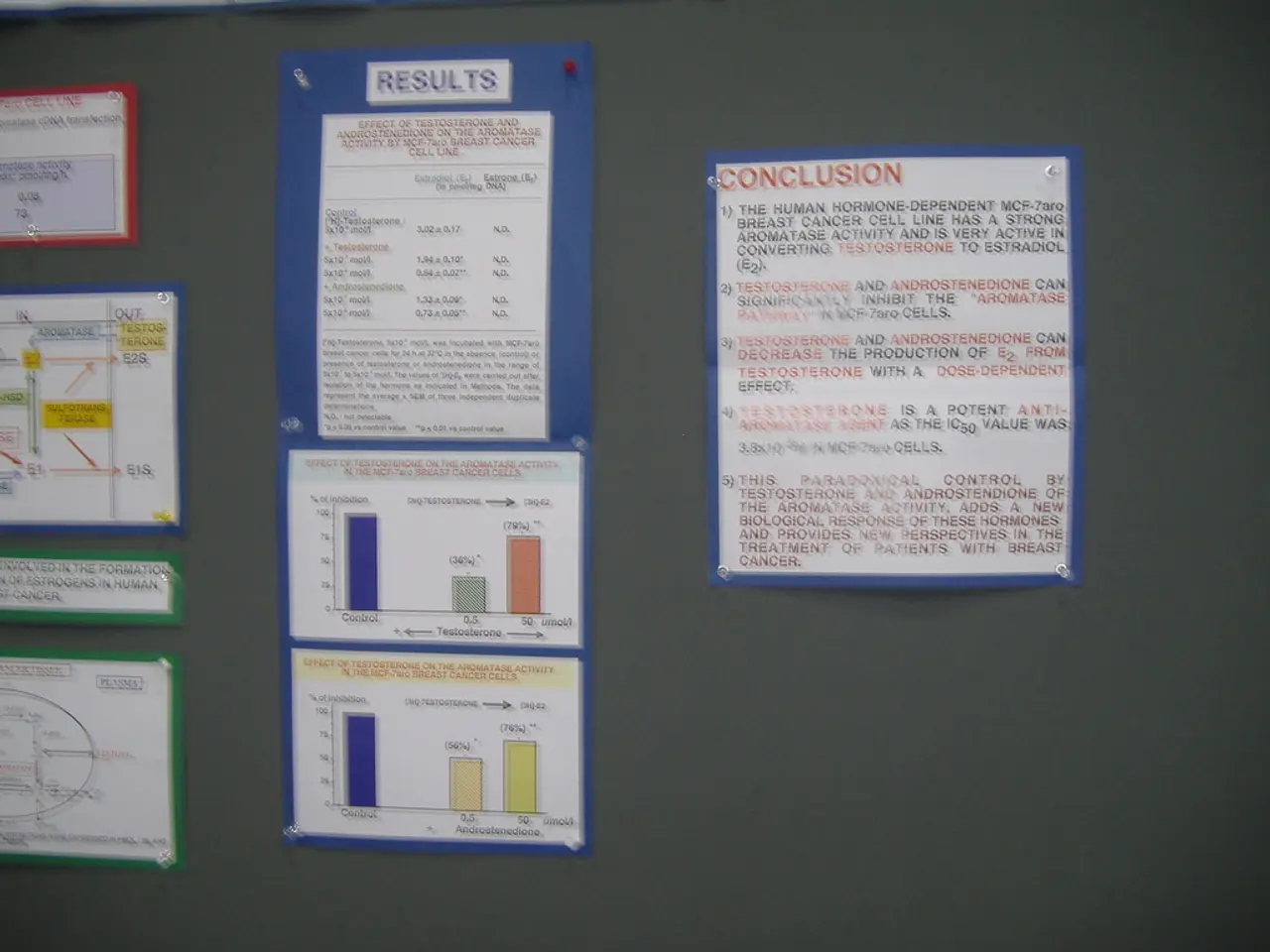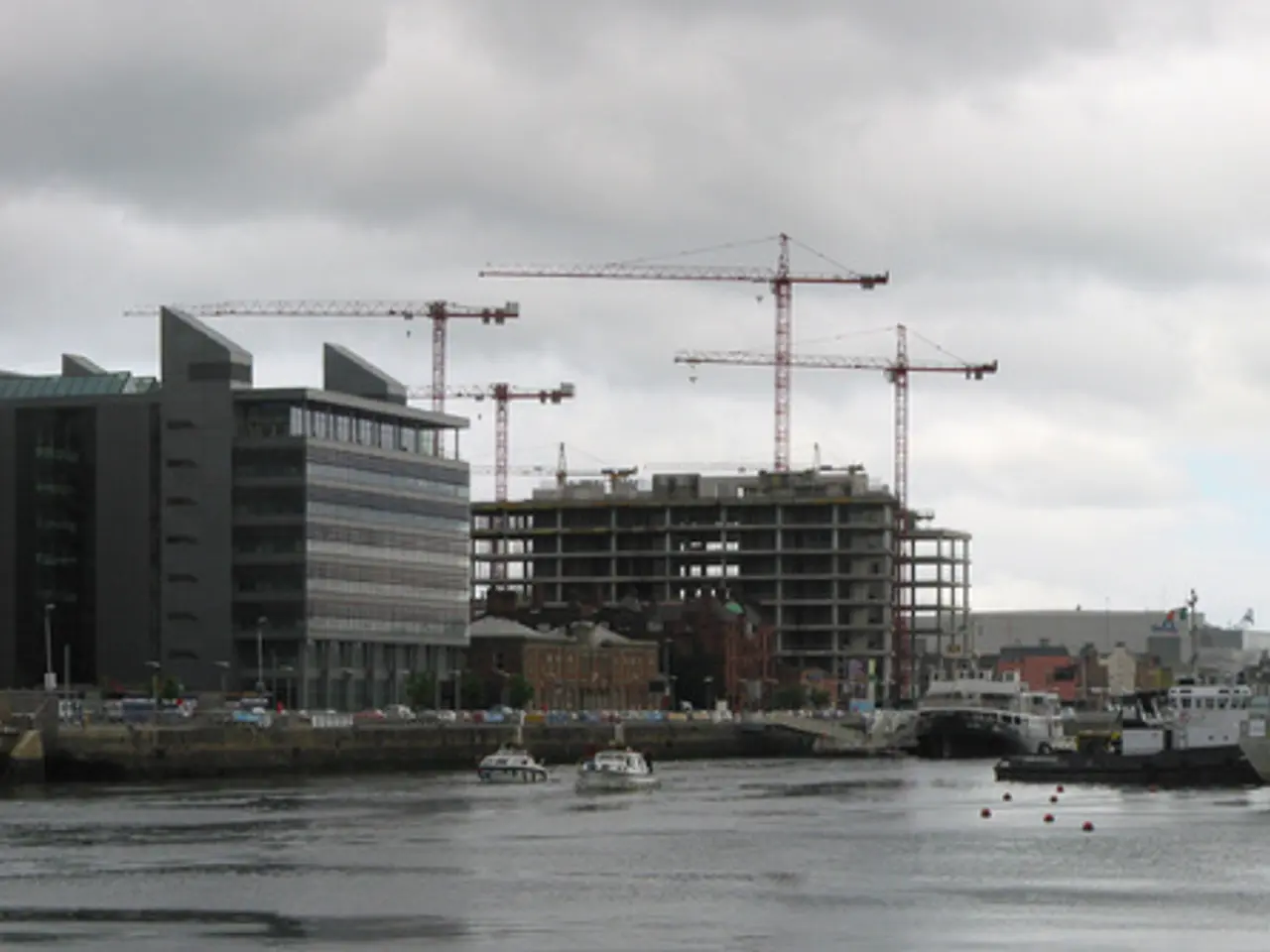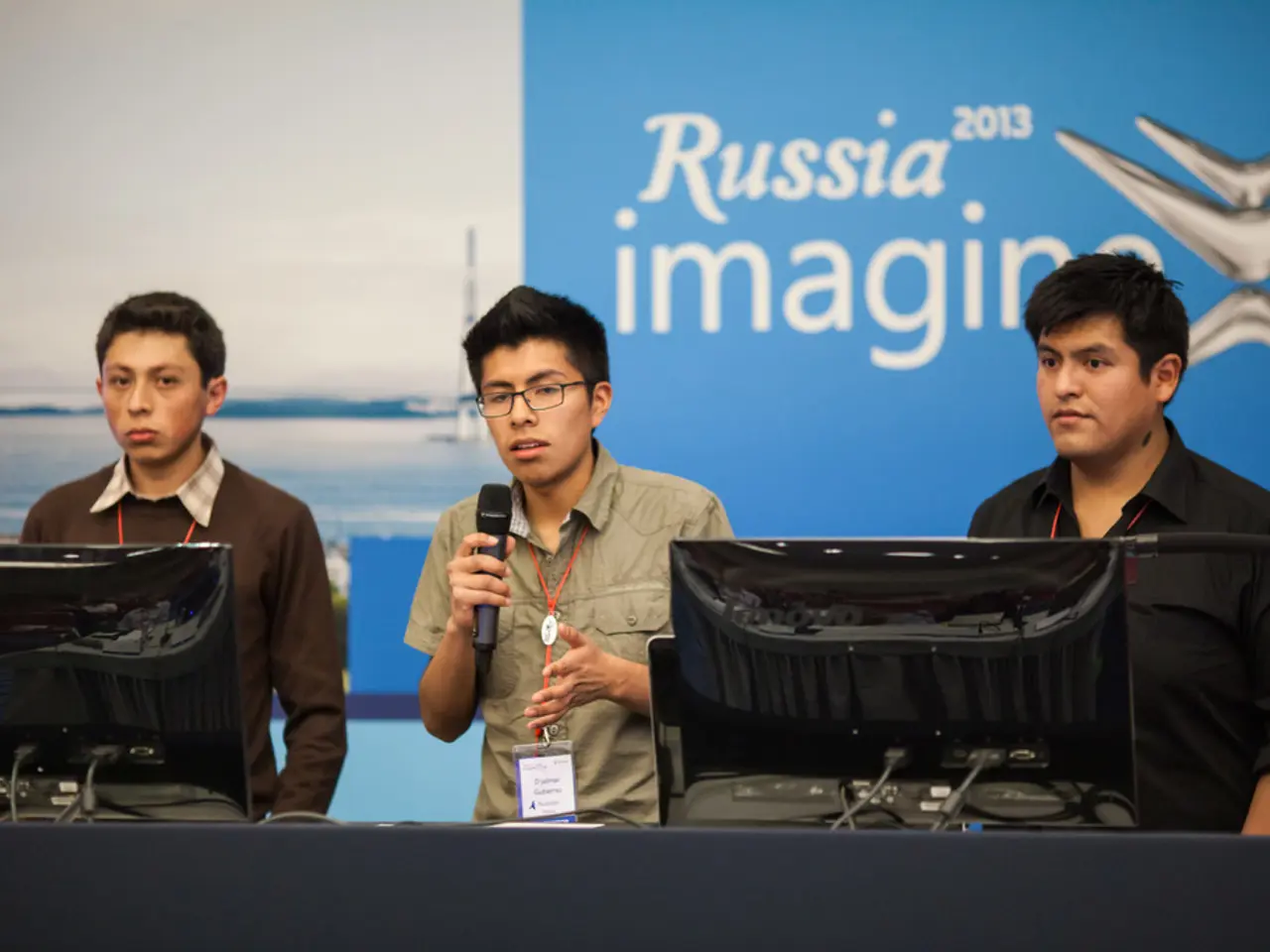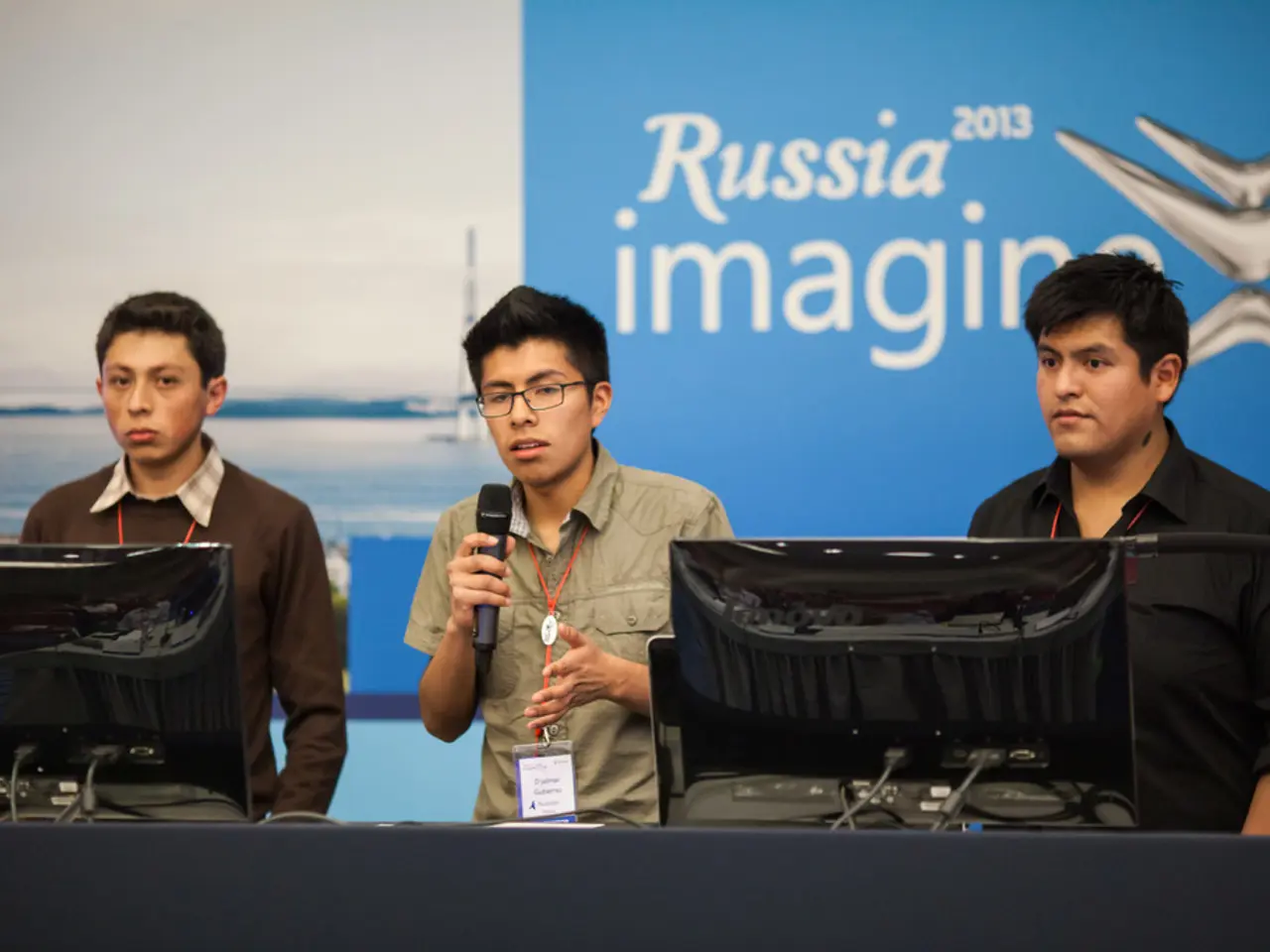Union leaders in Karnataka face a contempt charge from the High Court, escalating a legal standoff over a public transport strike.
Karnataka High Court Issues Contempt Notices Over Statewide Transport Strike
The Karnataka High Court has taken a firm stance against union leaders who initiated a statewide transport strike in March 2024, defying a court order and invoking the Essential Services Maintenance Act (ESMA). The court, presided over by Chief Justice N. V. Anjaria and Justice Krishna S. Dixit, has issued contempt notices to these leaders, warning that continued disregard for the court's interim order could lead to contempt proceedings and personal penalties [2][4][5].
Implications and Legal Ramifications
The court's action carries significant implications and legal ramifications. Ignoring the court's order and continuing the strike amounts to contempt, a punishable offense. The union leaders could face penalties if the contempt proceedings proceed [2][4][5].
The strike, which was prohibited under the Karnataka ESMA, restricted strikes in essential public services such as transportation. Resuming the strike after an ESMA notification is considered unlawful and is subject to legal action by the government [2][5].
The disruption of public services affected nearly 85 lakh commuters across Karnataka, impacting economically vulnerable populations who rely on public transport. The High Court emphasized that willful disobedience of judicial directives cannot be normalized in a constitutional democracy [2][4].
Public transport is a critical dependency for nearly half of Karnataka's population. The strike, organized by state-run transport corporations KSRTC, BMTC, NWKRTC, and NEKRTC, disrupted services for millions of commuters [6].
Legal Strategy and Compliance
In response, the court directed unions to submit affidavits confirming the strike suspension and urged resolution through negotiations with the government. Non-compliance may invite stricter legal penalties or enforcement actions by the state [5].
This action by the Karnataka High Court serves as a reminder that public interest outweighs the right to strike in certain contexts, prioritizing public welfare over strike actions [2][4][5].
It's worth noting that the Supreme Court recently stayed certain Karnataka High Court contempt proceedings involving political leaders, reflecting judicial oversight of contempt process fairness. However, this does not affect the strike-related contempt warnings [1][3].
In summary, the Karnataka High Court's contempt notice signals that union leaders must comply with the court's directives or face contempt charges and legal consequences for unlawfully disrupting a vital public service under ESMA, prioritizing public welfare over strike actions. The court also encourages negotiation and cautions unions about the severe hardships caused by transport stoppages [2][4][5].
References: 1. The Hindu 2. The New Indian Express 3. The Times of India 4. Business Standard 5. Deccan Herald 6. The Indian Express
The court's decision to issue contempt notices over the statewide transport strike has significant implications in the realm of policy-and-legislation, as it underscores the importance of adhering to court orders, even during times of political unrest related to general-news events such as strikes. In this case, disregarding the court's order could lead to crime-and-justice consequences for the union leaders. The High Court's action serves as a deterrent to ensure compliance with essential legislation, reinforcing the rule of law and safeguarding the public interests.








